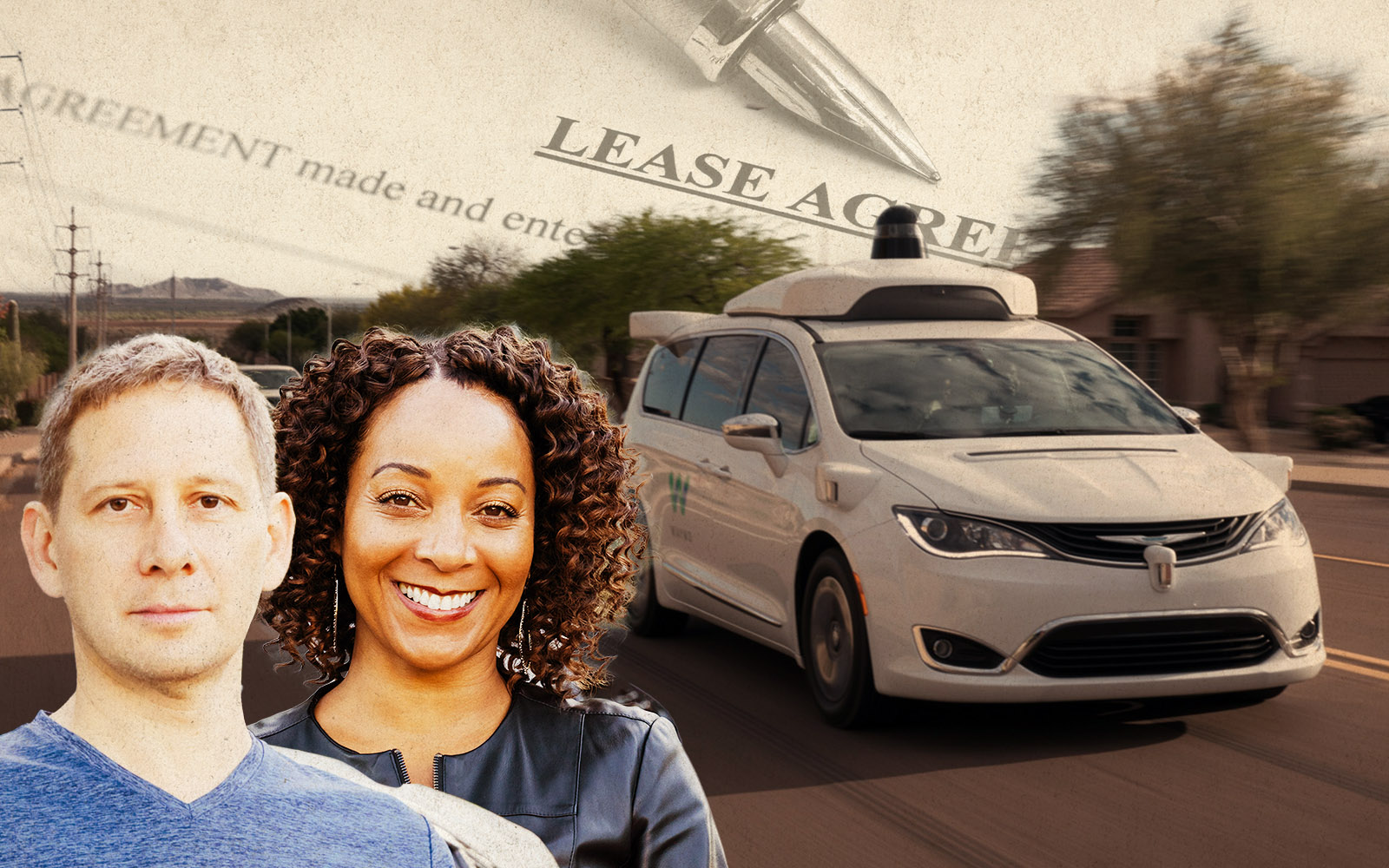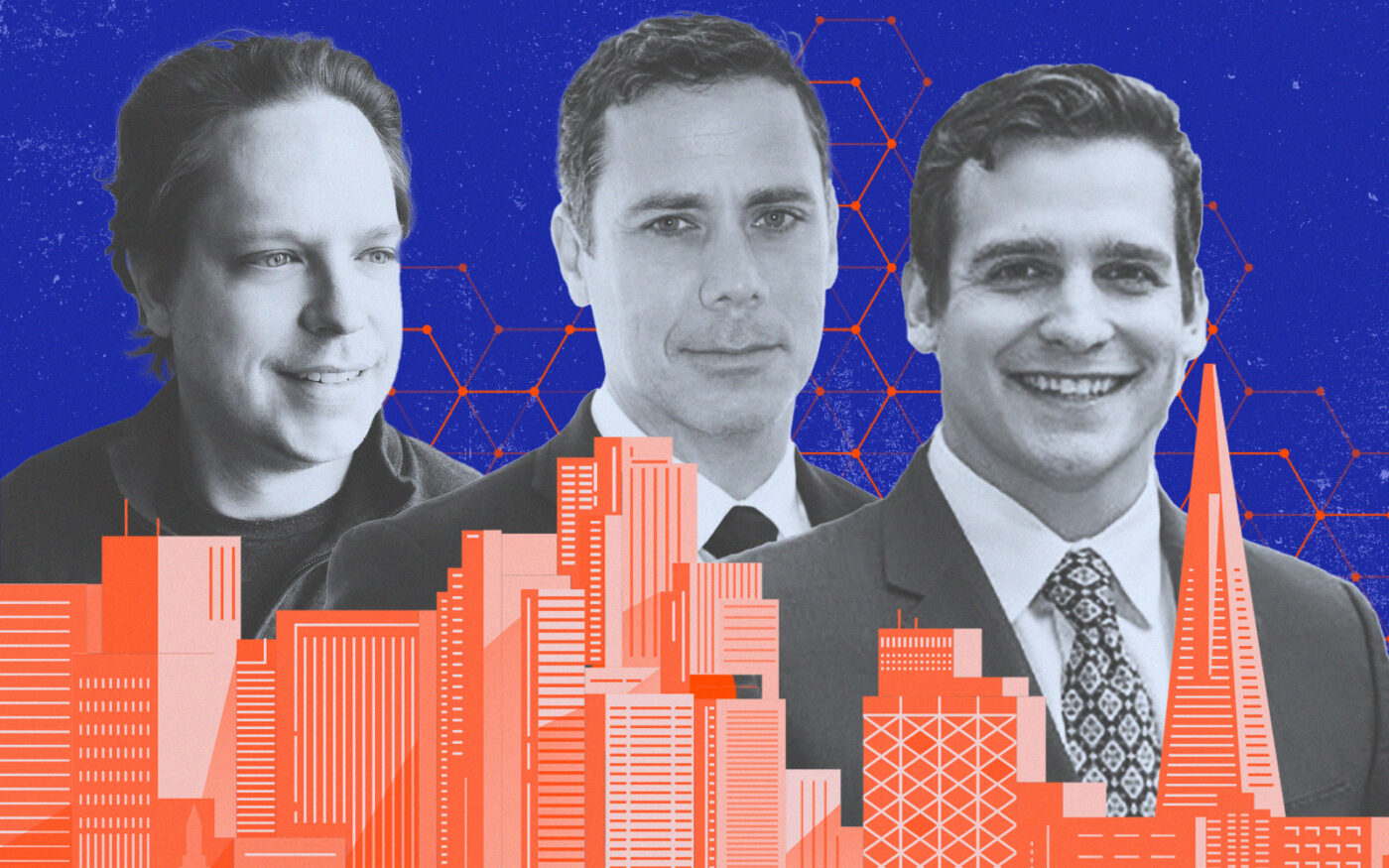With every quarter bringing new highest-ever vacancy rates, the San Francisco office market needs a white knight. Commercial agents and analysts hope that artificial intelligence companies will bring the turnaround they need to start filling some of the empty offices created by downsizing tech firms and remote workers.
“Our active tenant requirements for office space in San Francisco have doubled amongst AI companies in the last 12 months,” Alexander Quinn, director of research for Northern California at JLL, said via email. “We think this is going to help to stabilize the market considering the forecasted growth in this sector and its concentration in the city.”
Colliers Research Director Derek Daniels said he could point to at least 20 AI companies, including autonomous vehicle companies like Waymo, in the areas around Inner Mission, SOMA, Showplace Square and Potrero Hill. Colliers data shows a 20 percent quarterly increase in rents in SOMA in the first quarter of 2023, compared to the previous quarter, even as office rents overall are down slightly quarter over quarter.
The count of AI tenants interested in SF office space is “only growing,” Daniels said via email.
“I’d say in general there is going to be an explosion in AI and there are so many applications and specialties,” he added.
Open.AI’s cash
A key AI deal was Open.AI’s lease for 100,000 square feet at 575 Florida Street, Daniels said, which took place in the fourth quarter of 2020 at the depths of the pandemic. That more than doubled the Chat GPT-maker’s presence in the Inner Mission District, where it had already signed a 10-year lease at the nearly 40,000-square-foot Pioneer Building a few blocks away in 2016.
Open.AI is “kind of the belle of the ball right now” given its $10 billion investment from Microsoft in its latest funding round in January, according to William O’Daly, a commercial agent at Avison Young. With the recent infusion of cash, Open.AI is ready to expand further, he said, while acknowledging that he does not represent the company.
“They just raised $10 billion and so they’re going to have to allocate that somewhere,” he said, adding that Microsoft has more of an in-person corporate culture than other tech companies. “They’re going to pay top dollar for a space that works for them.”
The commercial experts said they have also seen increasing interest from augmented and virtual reality companies, especially those that have physical products and hardware they are working on, as well as cleantech companies working on carbon capture, electric vehicles and solar. But AI has far and away the most VC investment, which makes those companies the most likely to have backers pushing them to sign for office space, they said.
Venture capital funding in the Bay Area rose nearly 30 percent to $21.5 billion in the first quarter of 2023, according to Transwestern’s first quarter report. Though that’s about half the peak from a year ago, it’s the first increase in six quarters and AI companies accounted for more than $3 billion of the total.
“Where’s the money going?” O’Daly asked. “It’s vastly going to AI over any other industry.”
Even companies that aren’t technically AI-driven are still using AI to be more efficient and, hopefully, more profitable.
“There is no industry that isn’t adapting AI to it,” O’Daly said, “whether it’s automotive companies, construction, fashion, fintech or financial services, healthcare or life sciences. It all has to do with making data processing more efficient, and to lead to machine learning.”
Real estate apps
Interest is also coming from the leasing and property management sector. Quinn said that JLL is a proptech investor and is currently “looking at ways to increase productivity regarding data collection, analysis, contracts and marketing,” for which AI could be a good fit.
Daniels said “generative AI” would make “thought workers who embrace it more effective and efficient” because it will be easier to draft emails and other communications. He also thought the city’s growing AR/VR companies could help in marketing undeveloped sites so prospective tenants could better envision a finished product.
For those VC-flush AI companies looking for a finished space they don’t have to view through a headset, San Francisco has more than 7 million square feet of sublease space available, Quinn pointed out, which could be “quickly refashioned to meet their needs.”
“Overall, technology companies are looking for plug-and-play space near their workers and other AI companies,” he said.
Read more



